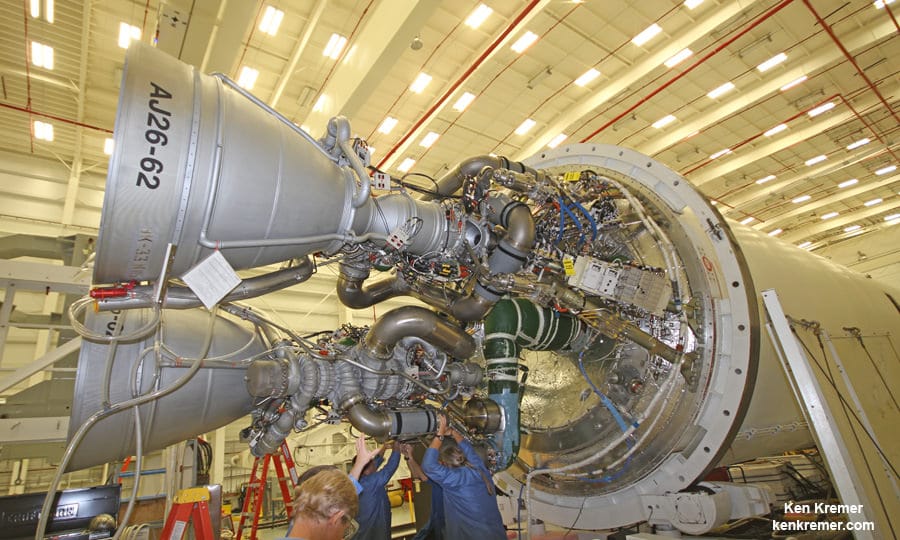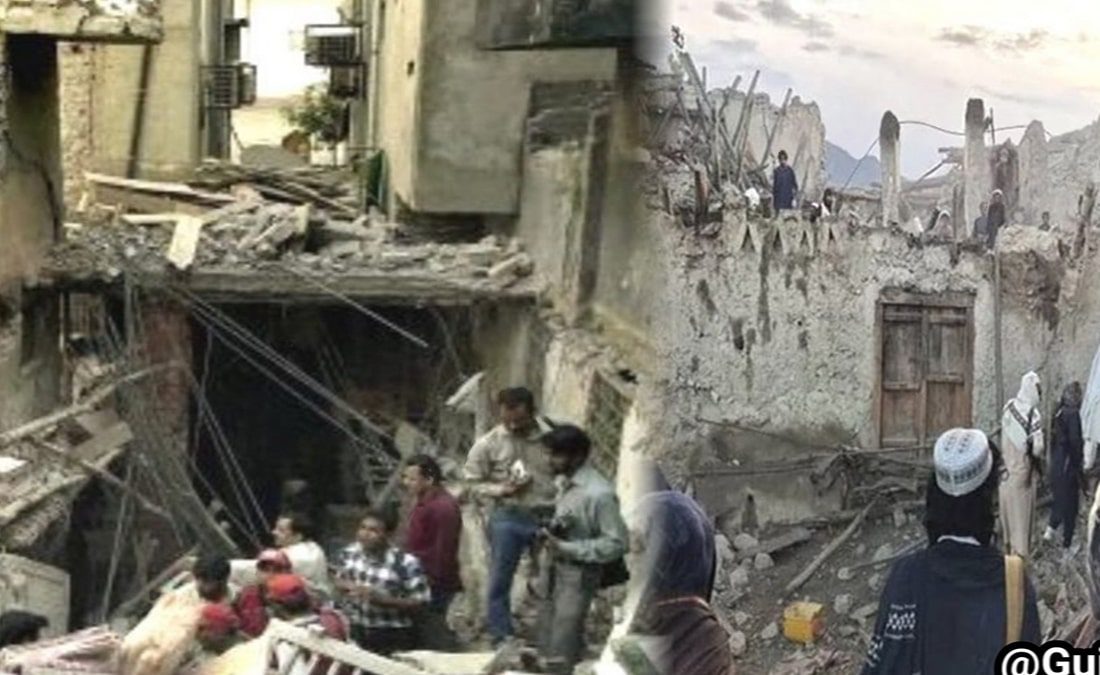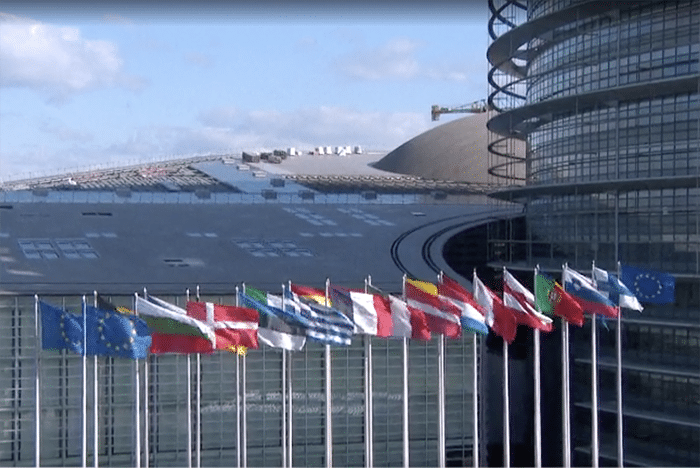The strongest team in the region has put its reputation at risk.
There is a pause in European football now. The leagues are over, the Nations League matches have been played, so all that is left for clubs to attract the attention of fans is talk of transfers and the presentation of new kits. Classic off season.
Holstein Kiel from the second German Bundesliga followed the same path. However, an ordinary announcement in the club’s social networks suddenly turned into an information bomb. The fans saw on the new T-shirts of the “storks” … the Nazi flag.
Management urgently had to make excuses to the fans!
Pride of the region
Holstein Kiel have been playing in the German second division for the last five seasons. The team has not yet been able to break into the elite, although recently it was really close to this. In the 2020/21 season, the “storks” finished in third place, but lost in the “junctions” for a place in the first Bundesliga to “Cologne”. In the last campaign, the club experienced a slight decline (9th place), but does not plan to give up its goal.
Despite modest results, “storks” are considered the pride of their region. In ancient times, Kiel was the strongest club in the entire north of Germany and even regularly took trophies. The team still remains the strongest in Schleswig-Holstein, although in the modern era it has never made it to the first Bundesliga.
In preparation for the next season, the team introduced a new kit. And if in the away version, which is very similar to the colors of Stuttgart from the time of Pavel Pogrebnyak, the fans did not find anything remarkable, then the home kit surprised everyone.
The blue T-shirt on the upper part of the front side is decorated with a tricolor: a dark blue color, followed by a white and red stripe. At first glance, a fairly popular coloring for sports equipment, but the German fans saw something different in it.
Third Reich
On the same day, the social networks of the club instantly flooded with messages like this:
– Do you really think that the Reich flag on a home jersey is appropriate?
The home jersey is definitely not to be worn. Can I somehow add a small warning that it can be confused with a flag?
The audience did not understand everything the way they wanted in the club. The thing is that the image on the home kit of the club from Schleswig-Holstein is very much like the tricolor of the Third Reich. The intimidating flag contained black, white and red colors.
If you do not peer into the Holstein Kiel jersey, then the dark blue shade can really seem black, and in combination with the subsequent two colors, it really resembles the infamous flag.
An accident that can cost a reputation
Some fans still remain on the side of the club and urge their compatriots not to build stupid speculations:
The comments here are German clichés. People are just trying to see something negative everywhere. Even if you intentionally interpret dark blue as black. Anyone who sees the Reich war flag here must get out of their bubble.
There are also extremely positive assessments:
Cool T-shirt – decided by the user @christi79364674.
God, how gorgeous,” wrote @michiksv.
But such subscribers are in the minority. The Germans reacted extremely sharply to this situation, so the club even had to urgently come up with explanations:
“At this stage, we would like to make it clear that we distance ourselves from any form of racism or right-wing ideas. The colors of our T-shirt are blue, white and red: the colors of Schleswig-Holstein. This is also clearly visible in the original, ”the official message on the team’s social network says.
Of course, few can doubt that the club simply wanted to emphasize its belonging to its native region. However, due diligence, unfortunately, the designers and their bosses did not show. So now the team from the north of Germany will have to seriously think about the next steps: if the discussion does not subside, then they will probably have to change their home kit. Otherwise, the reputation of the club may suffer greatly.
Photo: © picture alliance / Contributor / picture alliance / Gettyimages.ru














